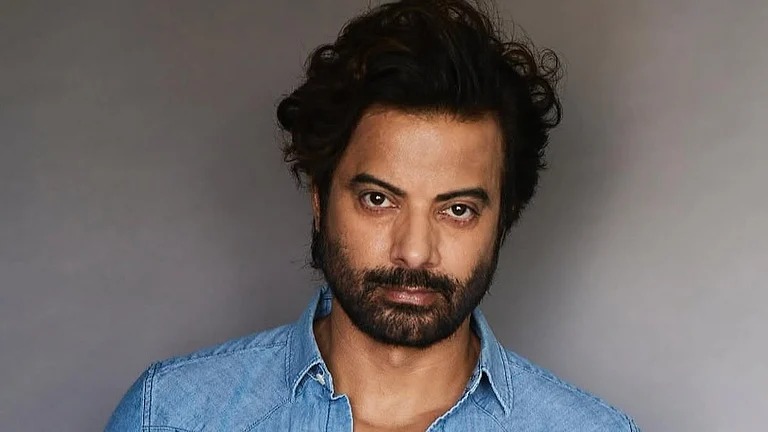Telegu actor Rana Daggubati says it is time to break the language barrier as the madness and method of film-making is pretty much the same. In an interview with Lachmi Deb Roy, he speaks about his art and craft, especially his latest venture Hathi Mere Saathi. Excerpts…
On Haathi Mere Saathi
The film shows how nature reacts when we start playing too much with it and we can’t do anything about it. So, I feel it is a relevant time for its release. The film talks about how emotional animals can be compared to humans. Yes, the wait was long, but I am happy that it is going to be in theatres soon.
Why a theatrical release?
What you watch on a cell phone and what you watch on big screen is different. The content is different and it is all about the look of the film. You want to see fifteen elephants in a big jungle, you might as well watch it on the big screen and not on a phone. Watching a film in a theatre is not just about being entertained, it is an experience.
Any similarity with the old Hathi Mere Saathi?
Other than the title, nothing is common. This film is about a man who lives in a jungle for over thirty years protecting the wild. It is about his battle against a society which doesn’t see any reason to conserve wildlife and forests. This particular man, Bandev, fights against urbanisation. It’s relevant to Assam as well as Karnataka, or any other place where urbanisation clashes with nature.
How hard did you have to work on your character?
My physique had to be completely different for this film. In Bahubali, I was a very big guy with huge muscles and I had to put on weight. For this film, I had to shed 30 kgs. I look a completely different person. I was eating very little. It was a completely different kind of routine. The fact that I had to live in the jungle for more than a month with elephants, made me understand my role better. I was cut off from everything that was worldly, even my phone.
On cutting across language barriers, do you think it as the way ahead for Indian cinema?
Cinema has completely changed in the last five to six years post Baahubali. Telegu films and even Kannada films are doing well all over the country and even Hindi films are doing well in the South. Audiences want variety and sharpness in content. For this reason, boundaries are shrinking. Every story is a story that needs to be narrated well. The internet, the OTTs are helping this happen in a big way. And there are few stories that needs to be told in a few languages—for example, Haathi Mere Saathi. Whether you are in Hyderabad, Mumbai or Chennai, an elephant is an elephant and a jungle is a jungle and our emotions towards humans and animals doesn’t change either and has got nothing to do with language or region. It is a story alone which decides where it can go in terms of boundary.
The madness and the method of making the film is pretty much the same. The story will define which language it is going to be made in. Baahubali kind of united the country in a big way. It’s just that each town offers you a different type of storytelling. And I am lucky that I have been part of different stories in different places. I am basically based out of my suitcase.
In every role you look different. How do you manage to do that?
The stories and its characters tell us how we should look and that is the fun of being an actor. In Baahubali, Bhallaladeva needed to look a certain way and in Haathi Mere Saathi, Bandev needs to look a certain way. It is the stories that choose me, rather than me choosing the stories, that is the reason why each look is different. I don’t like roles which make me look repetitive. I feel every time I come back to Mumbai to do a role, it should be special and not the typical Bollywood films that everybody is doing. I also see it from the audience’s point of view…that they would like to see something that they have not seen before.


























